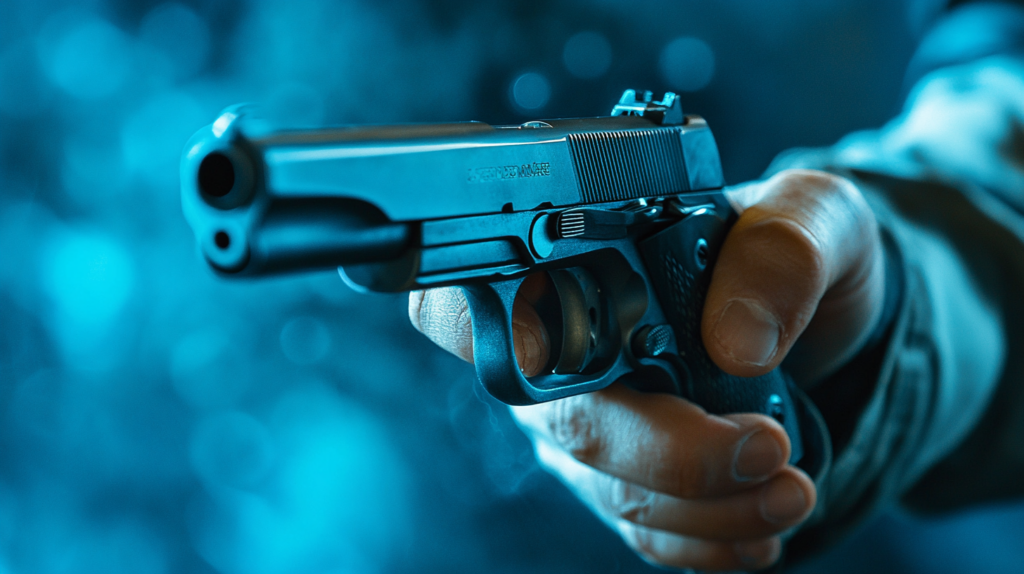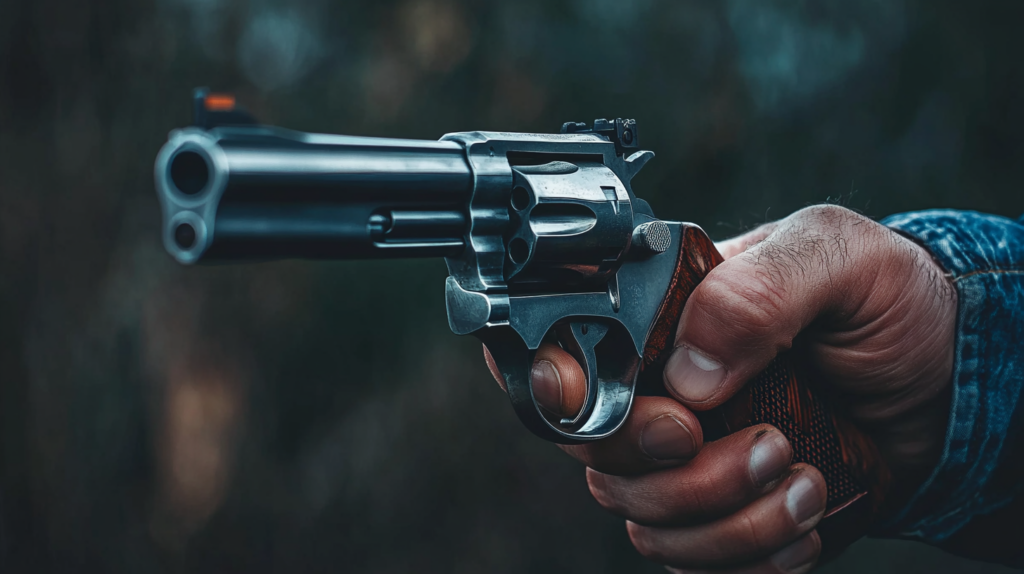Understanding California’s Firearm Registration Laws
California’s firearm registration laws are among the strictest in the United States. They aim to promote safety and accountability by regulating the sale, possession, and use of firearms. If you’re a gun owner or considering purchasing a firearm in California, it’s essential to understand these laws to ensure compliance and avoid potential legal issues.
Overview of California Firearm Registration Laws
California requires the registration of all handguns and certain types of rifles and shotguns. The process involves documenting the ownership of a firearm with the California Department of Justice (DOJ). This helps law enforcement track firearms and assists in crime prevention and investigation.
Handgun Registration
In California, all handguns must be registered. This applies to both new purchases and any handguns brought into the state. When you purchase a handgun from a licensed dealer, they will handle the registration process for you. However, if you acquire a handgun through a private sale or inheritance, you are responsible for registering it with the DOJ.
Long Gun Registration
As of January 1, 2014, California also requires the registration of long guns, which include rifles and shotguns. Like handguns, these firearms must be registered when purchased from a dealer. For private sales, the buyer must complete the registration process.

The Process of Firearm Registration
Understanding the registration process is crucial for compliance with California firearm laws. Here’s a step-by-step guide:
Purchasing a Firearm
When purchasing a firearm from a licensed dealer, the registration process is typically handled by the dealer. Here’s what you can expect:
- Complete the Background Check: You must pass a background check conducted by the DOJ. This includes checking for any criminal records or mental health issues that may disqualify you from owning a firearm.
- Provide Identification: You’ll need to present valid identification, such as a California driver’s license or identification card.
- Firearm Safety Certificate: You must obtain a Firearm Safety Certificate, which involves passing a written test on firearm safety.
- Waiting Period: California law mandates a 10-day waiting period before you can take possession of the firearm. During this time, the DOJ verifies your eligibility to own a firearm.
- Registration: Once the waiting period is complete, and your background check is cleared, the dealer will submit the necessary paperwork to register the firearm with the DOJ.
Private Sales and Transfers
When acquiring a firearm through a private sale, the process is slightly different:
- Use a Licensed Dealer: All private sales must be conducted through a licensed dealer, who will facilitate the transfer and registration.
- Complete the Necessary Paperwork: Both the buyer and seller must provide identification and complete the required forms. The dealer will submit these to the DOJ for registration.
- Waiting Period and Background Check: The same 10-day waiting period and background check apply to private sales.
Moving to California with Firearms
If you move to California and bring firearms with you, you must register them within 60 days. This applies to both handguns and long guns. To register your firearms, you must submit a New Resident Report of Firearm Ownership to the DOJ, along with the appropriate fee.
Exceptions and Special Circumstances
While California’s firearm registration laws are comprehensive, there are some exceptions and special circumstances to be aware of:
Curio and Relic Firearms
Certain antique firearms, known as curio and relic firearms, may be exempt from registration. These are typically older firearms that hold historical significance. However, federal regulations still apply, and it’s important to verify the status of any antique firearm you possess.
Inherited Firearms
If you inherit a firearm, you may not be required to register it immediately. However, you must comply with California firearm laws, including eligibility requirements and secure storage. It’s advisable to consult legal counsel to understand your obligations fully.

Compliance and Penalties
Failing to comply with California’s firearm registration laws can result in serious penalties, including fines and imprisonment. It’s crucial to adhere to all legal requirements to avoid these consequences.
Penalties for Non-Compliance
- Unregistered Firearms: Possessing an unregistered firearm can result in misdemeanor or felony charges, depending on the circumstances.
- False Information: Providing false information during the registration process is a criminal offense and can lead to severe penalties.
- Unauthorized Transfers: Conducting firearm sales or transfers without going through a licensed dealer is illegal and subject to prosecution.
Conclusion
Understanding and complying with California’s firearm registration laws is essential for all gun owners in the state. By following the proper procedures, you can ensure that you are legally and responsibly managing your firearms. Remember to stay informed about any changes in the law and seek professional legal advice if you have any questions or concerns.
By prioritizing safety and legality, you contribute to a secure community and uphold your responsibilities as a firearm owner in California. If you need more information, the California Department of Justice website is a valuable resource for updates and detailed legal guidance.
Contact The Win Law Firm
If you have questions about firearm registration or need assistance with ensuring compliance with California’s firearm laws, contacting a knowledgeable attorney can be invaluable. The Win Law Firm specializes in firearm law and can provide you with the guidance and support you need. Don’t leave your legal obligations to chance—reach out to The Win Law Firm today for expert advice and help you navigate the complexities of firearm ownership and registration. Visit our website or call us directly to schedule a consultation.
